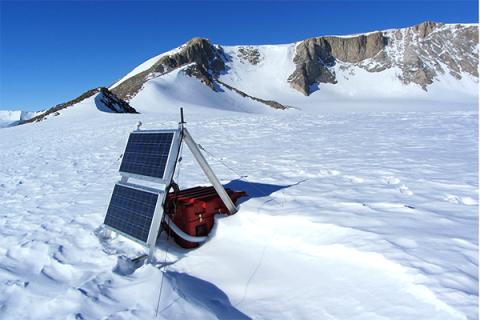Language plays a fundamental role in how we articulate our thoughts, convey observations, and inspire action, particularly on critical issues such as climate change. The term ‘global warming’ has permeated everyday vernacular, yet its precise utilization can often escape those not intimately acquainted with its implications. This guide aims to elucidate the multifaceted ways to incorporate ‘global warming’ into daily dialogue while highlighting its significance in the contemporary environmental discourse.
At its core, global warming refers to the long-term increase in Earth’s average surface temperature due to human activities, primarily the burning of fossil fuels, which elevates levels of greenhouse gases in the atmosphere. This phenomenon elicits not only scientific inquiry but also emotional responses reminiscent of urgency, responsibility, and hope.
To effectively use ‘global warming’ in conversation, it is prudent to draw connections between the term and observable changes in the world around us. For instance, when discussing unusual weather patterns, one might say, “The intense blizzards this season seem at odds with the predictions of global warming that suggest milder winters.” This statement encapsulates a common observation while subtly hinting at the complexities inherent in climate models and their capacity for forecasting weather anomalies amidst a warming climate.
Additionally, when engaging in discussions related to energy consumption, consider framing your statements around the broader implications. A sentence such as, “Transitioning to renewable energy sources is critical in combatting global warming as they emit far fewer greenhouse gases,” effectively integrates the term while emphasizing a proactive solution. This illustrates the direct relationship between energy choices and the broader climate narrative, contextualizing the urgency of the issue.
In educational settings, global warming can be seamlessly incorporated into discussions about ecosystem dynamics. For example, “The migration patterns of many bird species are shifting due to global warming, which disrupts their natural habitats.” This usage underscores the ramifications of temperature increases on biodiversity, highlighting an often-overlooked aspect of climate disturbance. It fosters an understanding of how interconnected ecological systems are and how environmental shifts can resonate throughout various biological communities.
Moreover, when discussing societal implications, the phrase can be articulated as, “Global warming is exacerbating socio-economic inequalities, disproportionately affecting communities in vulnerable regions.” This statement broadens the conversation to encompass social justice issues entwined with environmental degradation. It compels listeners to recognize that climate action is not merely an environmental concern but an ethical one, where injustice arises from the unequal burden of climate impacts.
Furthermore, philosophical reflections can also benefit from the incorporation of the term. A profound statement such as, “Our collective inaction in the face of global warming reflects a profound moral failing,” invites deeper introspection about human agency and responsibility. This not only engages audiences on an emotional level but also provokes critical thinking regarding the societal and existential consequences of climate inaction.
When discussing innovation and technology, one could assert, “Emerging technologies in carbon capture hold the potential to mitigate some effects of global warming.” This statement not only utilizes the term adeptly but also introduces the notion of hope through innovation. It positions global warming as a challenge that can be addressed with scientific advancement, encouraging optimism and initiative.
Amidst these discussions, it is beneficial to recognize how global warming is not an isolative issue; rather, it is interwoven with various global phenomena, including economic policies, health crises, and geopolitical conflicts. Framing statements such as, “As nations grapple with the realities of global warming, the urgency for international cooperation on climate policy has never been more profound,” emphasizes the collective responsibility required to combat this crisis.
In conclusion, mastering the use of ‘global warming’ in conversation requires an understanding of its broader implications and the ability to articulate these connections clearly. The term serves as a gateway to discussions about environmental integrity, social equity, and intergenerational responsibility. Whether discussing personal choices, societal changes, or global policies, each statement crafted around ‘global warming’ has the potential to inspire awareness and action. By becoming adept at weaving this term into everyday discourse, individuals can contribute to a more informed and proactive society, one that acknowledges the urgent need for climate action.
Ultimately, the fascination with global warming lies not only in its scientific aspects but in the interplay of human choice and resilience. The language surrounding it shapes perceptions and can galvanize movements toward sustainable futures. Equipping oneself with the ability to articulate this critical issue can foster meaningful conversations, driving collective momentum toward a more sustainable world.






